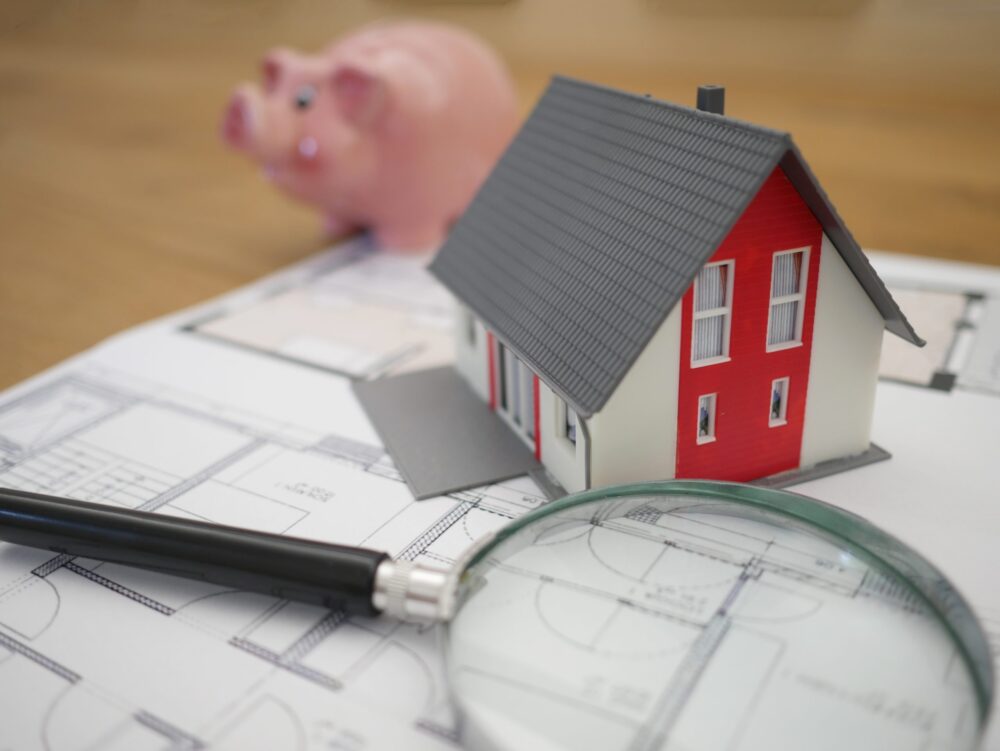
Savanta’s recent survey with the Centre for London found that a significant number of Londoners are currently dissatisfied with the state of insulation in their homes. In fact, almost half (47%) of London residents believe that their homes are poorly insulated, highlighting the prevailing energy inequality within the capital. This concern is particularly pronounced among specific groups, such as individuals with disabilities, renters, those living in inner London and recent movers to the city. Additionally, issues related to energy efficiency and heating are widespread, with concerns ranging from dampness and mould to insufficient heating and dangerous electrical systems.
Renters are more likely to experience dampness, mould and heat loss than homeowners
Renters in London encounter a myriad of issues related to dampness, mould, and heat loss, further contributing to the energy inequality in the capital. Data shows a stark difference in experiences between tenants and homeowners when it comes to their properties.
These disparities highlight the urgent need for improvements in energy efficiency and insulation to help prevent households from spending more than necessary on energy, especially when prices are so high.
With rent continuing to climb in the capital, a majority of tenants demand basic home energy efficiency
Despite the potential disruption to their lives, most tenants in London are advocating for energy efficiency and improvements in their homes. Our data indicates that 64% of tenants desire improvements to windows or double glazing and recognise the role this plays in conserving energy. Additionally, 62% of tenants express a need for wall insulation upgrades, while 56% advocate for improvements in heat or energy sources, such as the isolation of solar panels or heat pumps.
Therefore, as rent prices soar in the capital, the overwhelming demand from tenants for basic home energy efficiency increases. Trying to make sustainable living environments becomes more of a challenge and it is feeling like an unachievable goal for most.
Homeowners are taking action and plan more of this, which will widen the homeowner-tenant gap
Homeowners in London are actively addressing energy efficiency concerns in their properties, which is something that renters may struggle to do. Many have implemented improvements and plan to undertake further measures in the future. While this proactive approach is encouraging, it also serves to widen the divide between tenants and homeowners. Property owners are responsible for ensuring the homes they own are fit for tenants to live in.
At the same time, the cost-of-living crisis poses a significant challenge to action plans to improve energy efficiency. It remains to be seen whether the intentions of homeowners to improve energy efficiency will translate into tangible actions, potentially leaving all Londoners in a difficult situation for Winter 2023.
So what next for energy efficiency inequality?
The prevalence of poorly insulated homes in London has prompted widespread concern among residents, particularly renters as they are disproportionately affected by issues.
The demand for energy efficiency improvements is growing, with tenants being the main advocator for change. However, in making improvements, homeowners could exacerbate the gap between tenants and homeowners in terms of housing quality, energy efficiency and ultimately utility bills.
Our data shows that there is a need for change and addressing the inequalities is crucial for creating a sustainable and equitable living environment for all in the capital.





